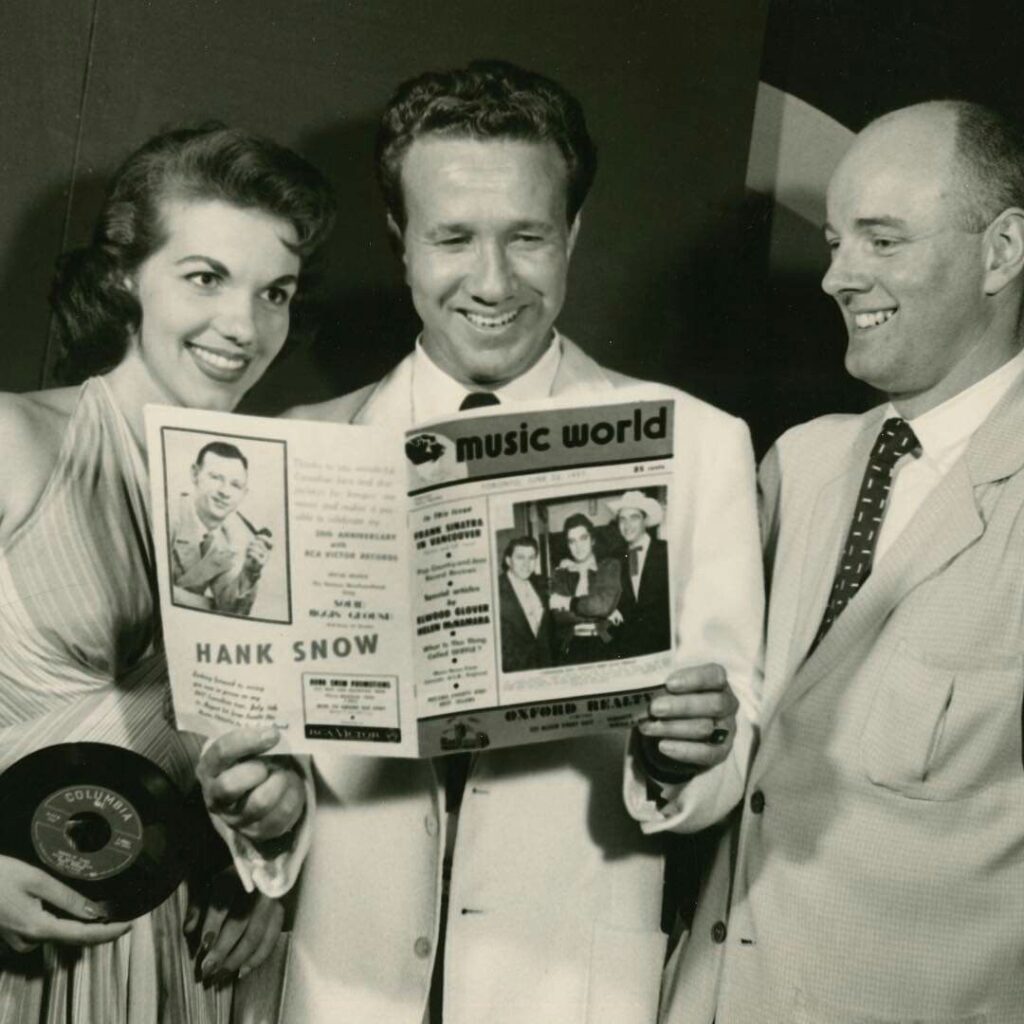
Marty Robbins – Born To Lose: The Shadowy Heart of a Balladeer’s Soul
Ah, the bittersweet ache of a classic country song. When the name Marty Robbins drifts across a melody, we often think of the epic, sweeping narratives of the West—the gunsmoke and romance of “El Paso,” or the bold swagger of “Big Iron.” But there is a quieter, more profound corner of his repertoire, the tear-stained handkerchief of a song like “Born To Lose.” This track offers a glimpse not of the heroic gunfighter, but of the deeply human man burdened by a sense of inescapable sorrow, a theme that resonates profoundly with anyone who has lived long enough to know the sting of persistent disappointment.
It is vital to note that “Born To Lose” is not an original Marty Robbins composition, but a powerful revival of a song deeply rooted in the American vernacular tradition. It was originally written by Frankie Brown and popularized in the 1940s by figures like Ted Daffan and others. However, it is Robbins’ smooth, versatile voice—that remarkable instrument capable of shifting from a jaunty cowboy yarn to a trembling heartbreak ballad—that lends the song its most enduring sense of doomed grandeur.
While “Born To Lose” was never one of Robbins’ celebrated chart-toppers like his Billboard Hot Country Songs Number 1 hits (“I’ll Go On Alone,” “Singing the Blues,” or “El Paso”), it speaks volumes about the depth of his artistry and his commitment to the bedrock of traditional country music. He recorded it during his prolific career with Columbia Records, likely in the mid-to-late 1950s or early 1960s, a period when his versatility allowed him to weave seamlessly between rockabilly, pop-crossover, and these plaintive, unvarnished blues-tinged ballads. The song’s power on an album track lies in its contrast to his more famous, uptempo hits, showing the full emotional spectrum of the “Gentle Giant’s” contemporary—a label sometimes also applied to Robbins, though he was truly the Master Balladeer.
The story behind the song is simplicity itself, which is precisely where its enduring meaning lies. It is a song of self-diagnosis, a devastating acceptance of one’s fate. The narrator, after losing his love—and presumably, having failed at other endeavors—comes to the chilling conclusion: “I was born to lose, and now my losing’s done.” This isn’t a lament over a single mistake; it is the weary sigh of a lifetime of bad luck and missed opportunities. The lyrics carry an overwhelming sense of predestination, a feeling that life’s deck was stacked against you from the first deal.
For a generation that knew genuine hardship—who saw the Depression, served in wars, and toiled relentlessly for modest gains—the sentiment is agonizingly familiar. It offers a kind of dark comfort, a musical validation of the feeling that sometimes, no matter how hard you try, the world simply won’t grant you a break. Marty Robbins sings it not with anger, but with a stoic, melancholic resignation. His voice wraps around the sorrow, not to conquer it, but to share it, to dignify the feeling of being perpetually unlucky. The simple arrangement, often stripped back, allows the listener to sit with the deep, haunting sadness of the lyrics, turning the listening experience into a quiet moment of profound, shared reflection on the unfairness of life’s lottery. It’s a tear in the fabric of the smooth-talking cowboy persona, revealing the vulnerable, melancholic soul beneath the Stetson.